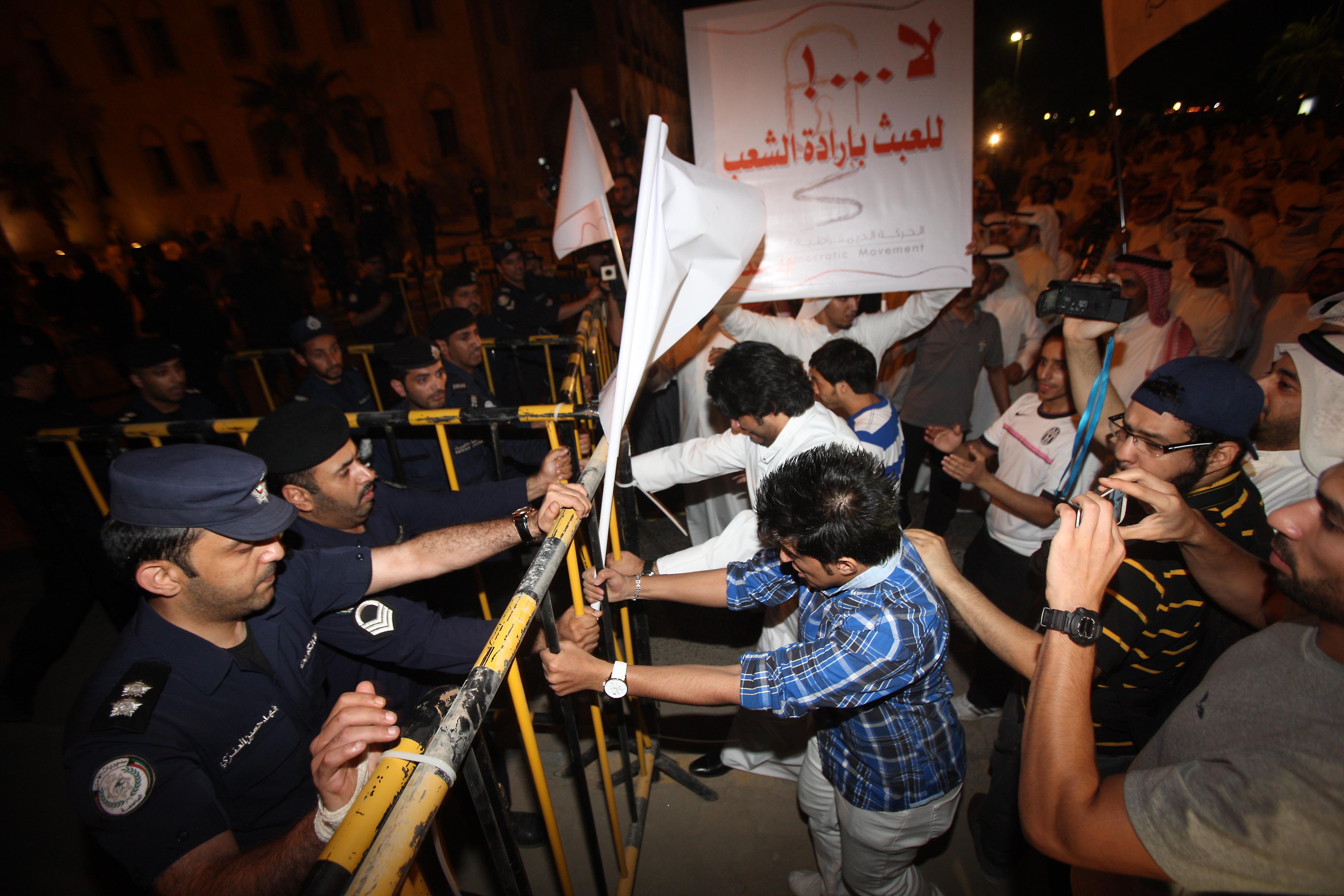Twenty Seven public figures signed on Saturday a statement that demanded the state to release activists arrested within the last two weeks on accusations of planning mass protests and to cease the stringent security measures the state has implemented ahead of the anniversary of the 25 January Revolution.
Notable signees to the statement include TV anchor Bassem Youssef, lawyer Khaled El-Balashy, politicians Alaa Al-Aswany and Osama Ghazly Harb, and National Council for Human Rights member George Ishak. The statement came two days before the fifth anniversary of the revolution.
The joint statement condemned the state’s actions as inducing a state of fear and panic and emphasised the public’s political right to protest, as guaranteed by the Egyptian Constitution. It further contended that the arrests will not deter people from expressing their political will; to the contrary, the state’s efforts to stifle political agency will only further abet dissatisfaction.
The public figures noted an upwelling of revolutionary nostalgia as dozens of people expressed their pride in participating in the revolution on social media pages.
Days before the anniversary, police forces continue to arrest political activists in anticipation of mass protests and gatherings.
The security forces arrested and sent six people to the prosecution on Saturday in Qena for allegedly belonging to the outlawed Muslim Brotherhood group, calling for mass protests, and inciting violence on the upcoming 25 January.
A week earlier, the security forces arrested the head of the Freedoms Committee at the Doctors’ Syndicate, Taher Mokhtar, activist and NGO worker Ahmed Hassan, and student Hossam Hamad. The three were arrested from their respective homes in the Al-Falaki area of downtown Cairo, accused of “possessing leaflets calling for the fall of the regime”, according to the Association of Freedom of Thought and Expression (AFTE).




